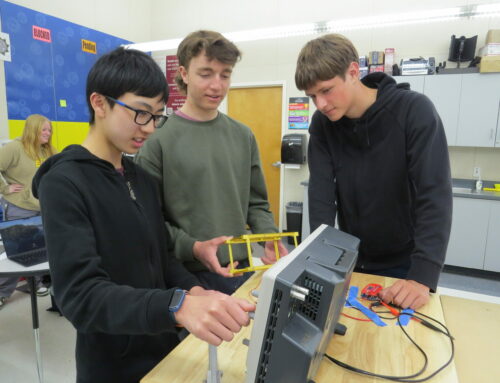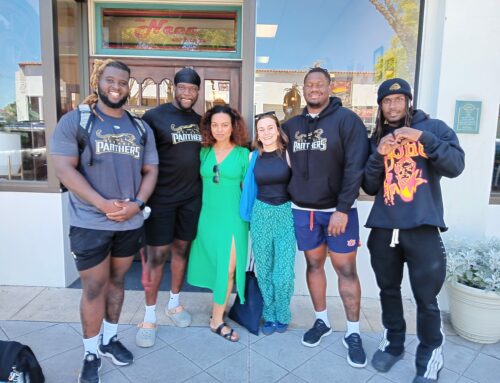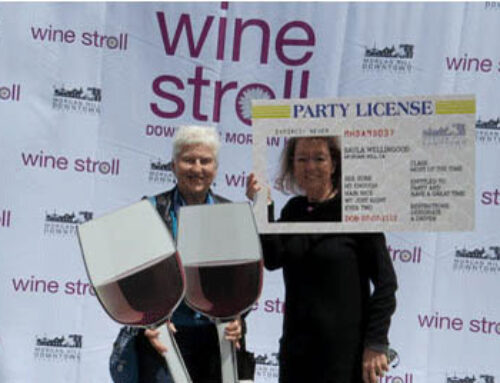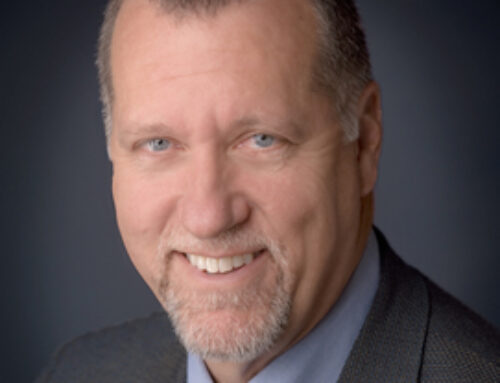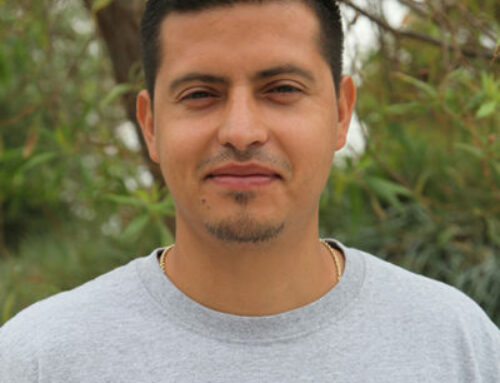Since mid-December, the roll-out of the various vaccines has not gone smoothly.
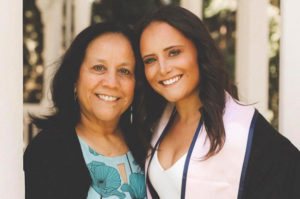
Editorial is the opinion of Morgan Hill Life
The cause of Patricia Dowd’s death seemed at first to be simply a heart attack. Yet she had been in good shape through regular cardio-exercise and a healthy diet. The 57-year-old south San Jose resident, a Lam Research employee, had experienced a bout of flu-like symptoms and recovered enough to work from home. About 8 a.m. Feb. 6, 2020, she had corresponded with a co-worker via emails. A couple of hours later, her daughter, Kaila, found her dead.
It wasn’t until early April that tests confirmed the cause of her demise: COVID-19. She had suffered a ruptured heart caused by her body’s effort to defeat the virus, according to an autopsy. Dowd was the first documented confirmation of death in the U.S. by the disease. During the course of the following 12 months, it killed at least 450,000 more Americans.
The U.S. is at a point with the pandemic where if we continue to see an average of about 1,850 deaths a day, we will reach at least 750,000 American deaths by July 4. This is the equivalent of what some historians believe is the true death toll of the Civil War. In a single year of its devastation, COVID-19 has changed our society, politics, economics and culture in many significant ways.
 Since mid-December, the roll-out of the various vaccines has not gone smoothly. Some cities across the country face massive shortage, causing unscrupulous people to resort to trickery and lying to get their shot.
Since mid-December, the roll-out of the various vaccines has not gone smoothly. Some cities across the country face massive shortage, causing unscrupulous people to resort to trickery and lying to get their shot.
Now to add complexity to the crisis, California is facing a heartier strain of a COVID-19 variant. First discovered in South Africa in October, it is up to 50 percent more contagious than the original virus. At a Feb. 10 press reference, Dr. Sara Cody, health officer and director of Public Health for the County of Santa Clara, confirmed that the first cases of the B.1.351 variant of SARS-CoV-2, have been detected locally, one in Santa Clara County and one in Alameda County.
Officials at the Centers for Disease Control described the South African variant as seemingly more transmissible than the original coronavirus. One study also indicated it might be resistant to at least one vaccine and can reinfect those who already had COVID-19.
 The mutation of COVID-19 into more spreadable versions threatens public health. If the South African variant becomes dominant in the U.S., it will create a surge in cases as people with the antibodies of the original virus face a probability of re-infection from this new strain.
The mutation of COVID-19 into more spreadable versions threatens public health. If the South African variant becomes dominant in the U.S., it will create a surge in cases as people with the antibodies of the original virus face a probability of re-infection from this new strain.
As the coronavirus continues to mutate, society is in a race to vaccinate people as quickly as possible to slow the spread and thus keep new variants from forming. As of Feb. 19, about 6.3 million California residents have received at least one vaccine dose. To end the spread by achieving herd immunity, about 75 percent of the population, or 30 million Californians, need shots.
We’re now at a crucial point of the pandemic. Let us not grow complacent. The South African variant is a wake-up call that other versions of this deadly microbe are evolving rapidly. Let’s all do our part to protect ourselves and each other by taking precautions such as masking, social distancing, and diligent hygiene habits. The loved ones of Patricia Dowd and the hundreds of thousands of other Americans who died from COVID-19 would want us to do these simple actions to fight this terrible disease.


